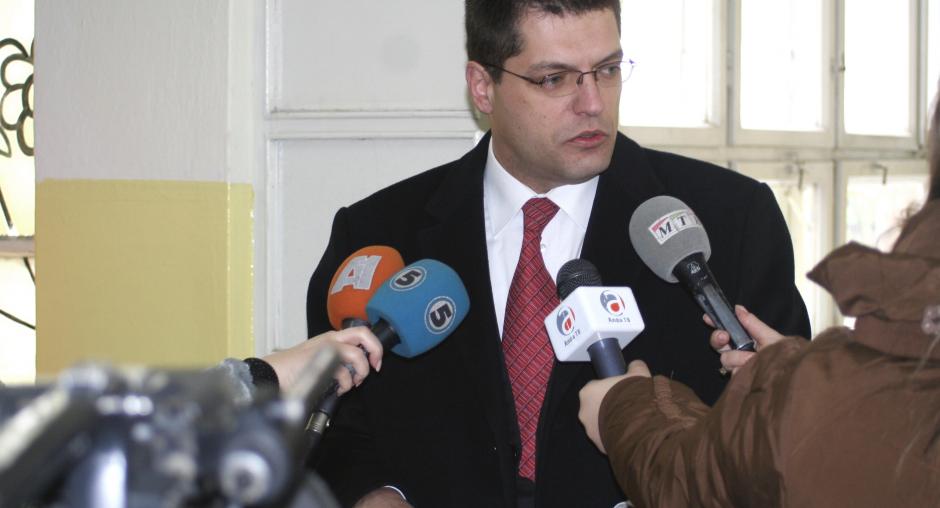Presidential and Municipal Elections, 22 March and 5 April 2009

Type:
Country:
Mission at a glance
- Head of mission: Peter Eicher, of the United States
- Core team of 12 staff
- 24 long-term observers deployed throughout the country
- 300 short-term observers requested
Mission schedule
- 13 February: mission opens
- 19 February: deployment of long-term observers
- 22 March: election day
- 23 March: press conference
- 5 April: possible second round of elections
Following an invitation from the Foreign Ministry of the former Yugoslav Republic of Macedonia, ODIHR deployed an election observation mission to observe the presidential and municipal elections on 22 March and 5 April.
Headed by Peter Eicher of the United States, the mission consisted of 16 experts and 23 long-term observers from 25 OSCE participating States, who were based in Skopje and 10 regional centers.
For election-day observation on 22 March, the mission joined efforts with observer delegations from the OSCE Parliamentary Assembly, the Parliamentary Assembly of the Council of Europe, and the Congress of Local and Regional Authorities of the Council of Europe. Together, they deployed some 320 short-term observers from 40 OSCE participating States.
For the second round on 5 April, the mission was joined by a delegation from the Parliamentary Assembly of the Council of Europe. Together, 132 short-term observers were deployed.
According to the mission's final report: "The two rounds of presidential and municipal elections met most OSCE commitments and other international standards for democratic elections. The constructive role and discreet, but reassuring, presence of the police contributed to the conduct of peaceful election days. Other meaningful progress such as the responsible behavior of political parties and the discernable efforts to use measured rhetoric in the campaign was noted. Overall, these elections were administered in a professional and transparent manner. Some problems were evident, such as allegations of intimidation of voters in the pre-election periods."
